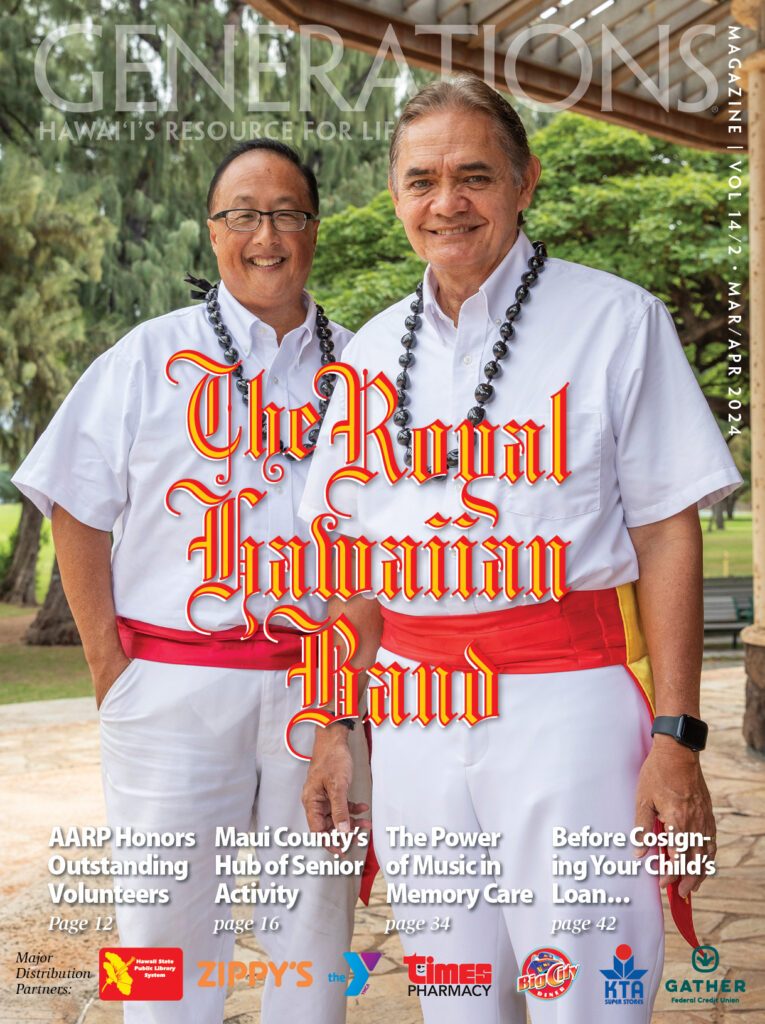 That is the question many Medicare beneficiaries are asking when they become eligible for Medicare insurance due to age. Beneficiaries collecting social security cash benefits (available as early as 62) are generally notified a few months before their 65th birthday that they are scheduled for enrollment into Medicare Part A & Part B, unless they opt out.
That is the question many Medicare beneficiaries are asking when they become eligible for Medicare insurance due to age. Beneficiaries collecting social security cash benefits (available as early as 62) are generally notified a few months before their 65th birthday that they are scheduled for enrollment into Medicare Part A & Part B, unless they opt out.
Those who are not receiving cash benefits must apply on their own and only receive enrollment guidance by contacting social security. For most beneficiaries who meet eligibility rules, the 2016 standard monthly Part B premium is $121.80. However, Part B premiums are income-adjusted. High earners may pay more. Medicare beneficiaries who work at a company with 20 or more employees and have group health insurance through their job or as a dependent spouse may choose to delay Part B. Their group coverage covers Part B services. Yet, some employers require a dependent spouse to take Medicare Part A & Part B after aging into Medicare to remain in the retiree group plan. Medicare may become primary in that situation and the group retiree plan becomes a secondary payor. There is no one-size-fits-all in the Medicare universe. To avoid potential penalties or gaps in coverage, contact your company’s benefits specialist or Social Security to discuss your specific situation and steps. So to take Medicare Part B or not to take Medicare Part B — that is the question.
MEDICARE MOMENT WITH MARTHA
A radio program with Martha Khlopin
KHNR-690AM:
Saturdays, 2pm-2:30pm
, Sundays, 9:30am-10am
808-230-3379 | getmartha@aol.com

